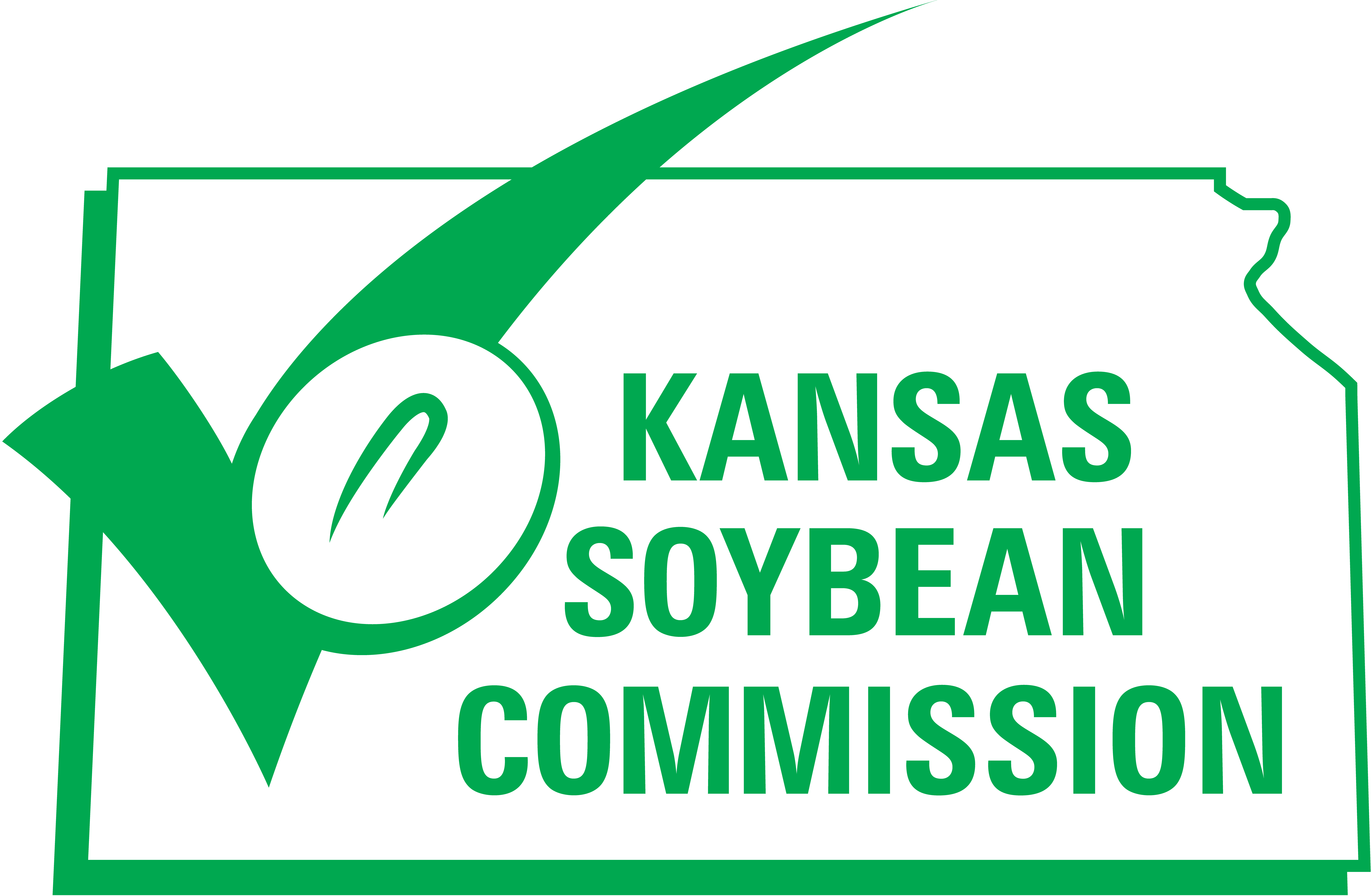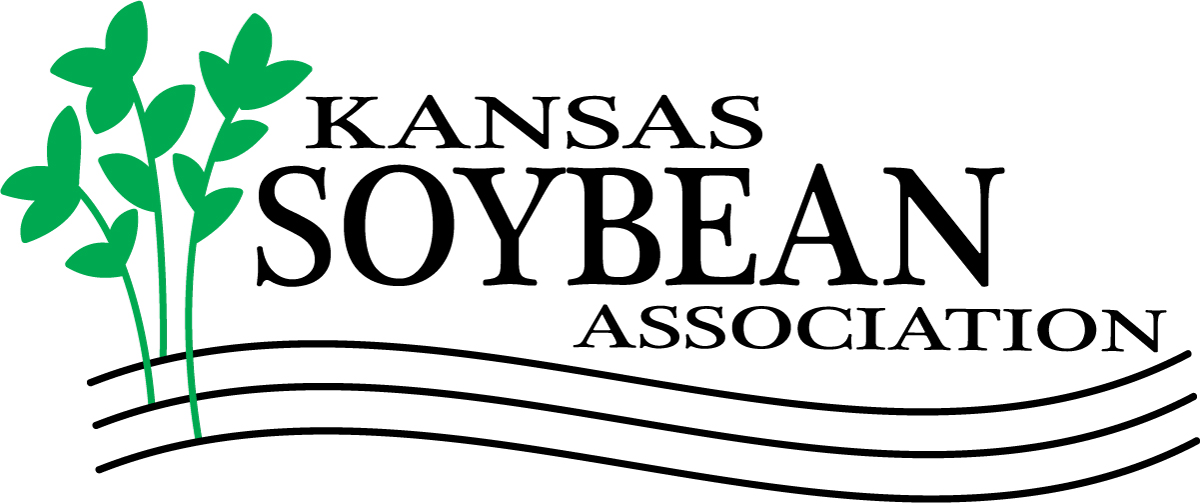K-State breaks ground on first ag innovation project
Investing in the state’s land-grant university to advance College of Ag
The idea has been developed. The plans have been made. The funds have been raised. Now, the ground has been broken.
Last year, numerous catalysts ignited the process to make Kansas State University a hub for agricultural innovation. Poor campus infrastructure among the agricultural buildings combined with a funding-match guarantee from the State of Kansas kicked off an aggressive fundraising campaign for the development of new infrastructure – and enhanced interdisciplinary collaboration within the agricultural departments at the state’s land-grant university.
The Kansas Soybean Commission saw the value of investing in agriculture’s future and pledged $4 million dollars over five years toward the project in September. A key portion of that investment will develop a new agronomic research facility on the Agronomy North Farm in Manhattan.
May 15 marked the groundbreaking for that facility, which will be the first building in the innovation project constructed. Due to weather conditions, the groundbreaking ceremony was moved inside the agronomy teaching space.
“Days with shovels and scissors are good days,” Kansas State University President Richard Linton said at the ceremony. “This is the beginning.”
President Linton complimented the speed in which the funds for the innovation project came together, sharing that the KSU Foundation secured $80 million in pledged funds in just four months, “something that’s never been done so quickly on the K-State campus.”
In total, it’s projected to be a $125 million dollar project with the industry funds raised plus $25 million from the University Challenge Grant and $25 million from a separate legislative appropriation.
“None of our agricultural successes [in Kansas] would be possible without K-State,” Governor Laura Kelly said, later stating, “Right here in Kansas, we will be determining what agriculture looks like.”
Governor Kelly applauded the state’s agricultural industry export records set last year as well as the slate of new agricultural businesses investing in new Kansas locations.
“It’s hard to imagine how our ag industry could grow any bigger, yet it continues to grow,” she said.
For U.S. Sen. Jerry Moran, the investment in K-State agriculture infrastructure is likely to keep young people in the state and inspire more of those young people to return to their family farming operations. The research, he said, is also critical.
“It is a noble calling for researchers to find the key to feeding people,” Senator Moran shared.
With a new facility, agronomic researchers will have enhanced technology and equipment to study pathogens, crop varieties, efficient use of inputs and resources and so much more.
“We see this as a new way of thinking,” President Linton said. “We think of infrastructure as a way of being an incubator for strong public-private partnerships where industry can work hand-in-hand with K-State researchers to leverage ideas and funding to move forward and develop the students of tomorrow. In doing so, we will create markets and jobs that are important for our stakeholders.”
The projected completion for the facility is 2025. In addition to the agronomic research center, an innovation center for grain and feed is expected to connect Call Hall and Weber Hall on the K-State campus and house the department of grain science and industry. Completion for all facilities and infrastructure improvements is 2026.
As for the Kansas Soybean Commission’s support of the project, Chairman Ron Ohlde, Palmer, says, “Investing in our state’s land-grant university fits right into the checkoff’s mission because we are investing in the future of agriculture.”


